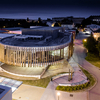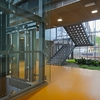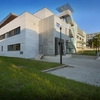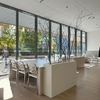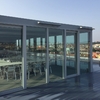Conference Venue
Mendel University in Brno
Faculty of Business and Economics
Building Q
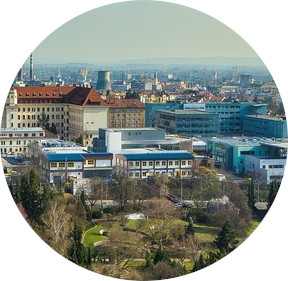
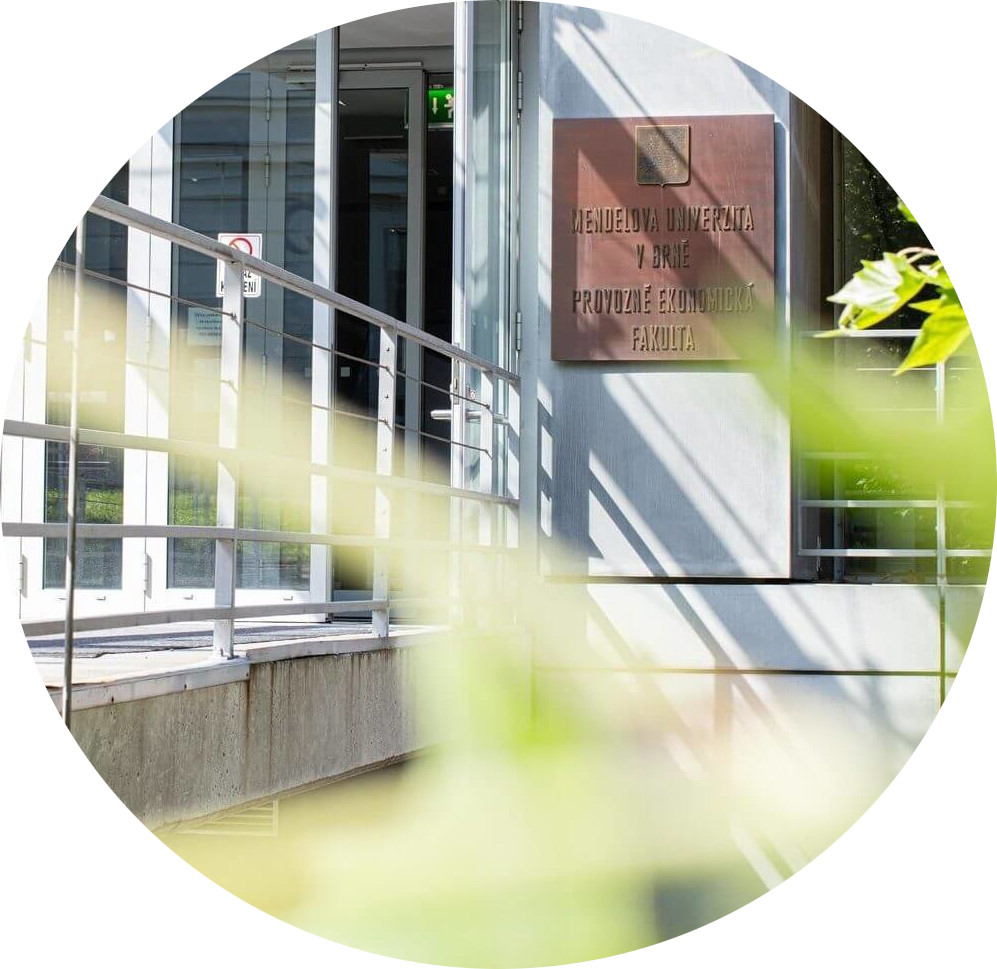
Contact
Research Centre FBE MENDELU
+420 545 132 556
ecos@mendelu.cz
Who we are
The Faculty of Business and Economics was established in 1959 and is the oldest business school in Moravia. It has accreditation for all degree levels Bachelors, Masters and Ph.D. In recent accreditation the school received the highest rating (ranking in group A) as a one of the best schools from a total of 21 business schools in the Czech Republic.
Mendel University in Brno is a public institution with a long tradition of excellence in teaching and research that has driven new ways of thinking since 1919 and proudly bears the name of Gregor Johann Mendel, the founder of modern genetics.
MENDELU offers more than 100 graduate degree programmes in the Czech and English languages. MENDELU comprises one university institute and five faculties. The modern university campus is located in Brno, the second-largest city in the Czech Republic, the heart of Europe. Brno is one of the best student cities in the world; in 2018 it ranked among the Top 10 QS Best Student Cities as rated by students.
Brno and Czech Republic
The Czech Republic is a landlocked country in Central Europe. The country is bordered by Poland to the north, Slovakia to the east, Austria to the south, and Germany to the west. The Czech Republic is a member state of the European Union, NATO and it is a part of the "borderless" Schengen Area. The Czech Republic enjoys a temperate continental climate with warm summers and cool winters. It is famous for its excellent beer. Fine wine and traditional cuisine are other gourmet products of the country. The population of the Czech Republic is over 10 million people.
Brno, the Czech Republic‘s second largest city, has a population of nearly 400 000 people. Brno is a university city – there are 13 higher education institutions, boasting as many as 36 faculties and buzzing with more than 80,000 students. Brno offers all the services and cultural events as other big, modern cities. However, Brno offers all that in a more relaxed atmosphere, as compared to some of them.
It lies in the central part of Europe and within its two hundred-kilometre radius there are other important European capitals: Prague, Vienna and Bratislava. The international airport in Brno serves regular flights. Brno is the metropolis of Moravia and an important tourist centre for all who want to explore the natural and cultural beauties of the South-Moravian region. To the north of Brno there is the protected area of the Moravian Karst (Moravský kras) and to the south stretch the Moravian vineyards with their typical wine cellars. The city is surrounded by beautiful mixed forests, which offer many opportunities for tourism and cycling.
Brno is situated in a picturesque countryside at the crossroads of ancient trade routes that have joined the north and south of Europe for centuries. Brno prides itself on many notable historic sites that show evidence of its rich cultural history. Once established as a settlement of merchants eight centuries ago on the junctions of the rivers Svratka and Svitava, it withstood the pressure of both the Hussite and Swedish besiegement, witnessed Napoleon's military expedition to Slavkov, bore the cruel consequences of the Austrian defeat at the Battle of the Three Emperors, became an industrial centre of the Habsburg monarchy called "the Austrian Manchester" and, in the twentieth century, gained a character of a modern city thanks to the construction of new buildings in the functionalist style. The most important example of modern architecture in Brno is VillaTugendhat – a historic site inscribed on the UNESCO's World Cultural Heritage List.
Today Brno is a seat of universities and important judiciary institutions. It offers many possibilities of cultural enjoyment in its numerous theatres, museums, cinemas and clubs. The Brno Exhibition Centre with its ninety-five-year tradition is a venue of many international trade fairs, exhibitions and congresses, and as such plays a significant role in the social and economic life of the whole city. The City of Brno regularly holds various cultural events, festivals as well as some notable sporting events. Brno is also a city of modern shopping and entertainment centres. Brno is also the largest city in Moravia and a seat of regional government.
Thanks to its location between the woody Bohemian-Moravian Highlands and the winegrowing Southern Moravian Lowlands, Brno enjoys a very pleasant, moderate climate, ideal for day-to-day living as well as various forms of recreation. The public transport system in Brno is very efficient and simple to use and consists of trams, trolley buses a city buses, the latter of which operate 24 hours a day, 7 days a week.
Further informations about Brno sights can be found on Czech Turism website or Go to Brno website.
